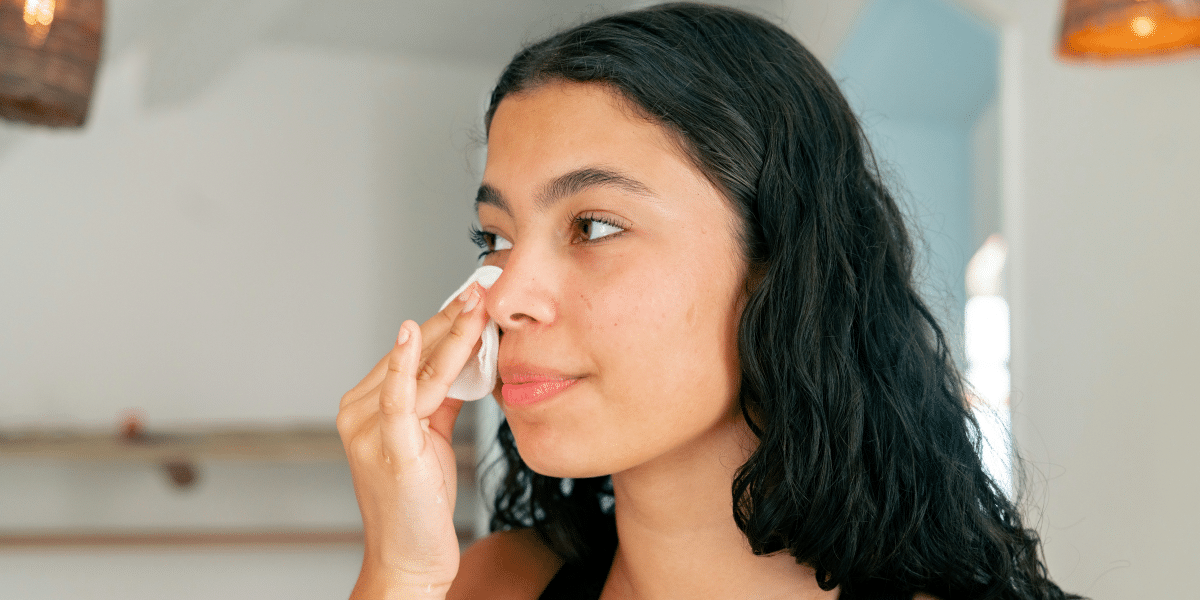In the evolving world of skincare and beauty, natural regimens are increasingly becoming the cornerstone for those seeking to maintain healthy and radiant skin without harsh chemicals. Among the various components of natural beauty practices, carrier oils for natural beauty regimens play a pivotal role. Unlike essential oils, which are highly concentrated and potent, carrier oils are gentle and serve as diluting agents for essential oils and other concentrated extracts. This article delves deep into the variety of carrier oils available for incorporation into natural beauty routines.
The Importance of Carrier Oils in Skincare
Carrier oils are derived from the fatty portions of plants, nuts, and seeds. These oils are called ‘carrier’ because they carry active ingredients, such as essential oils, onto the skin. The integration of carrier oils enables the beneficial properties of essential oils to be applied safely. These oils are often used to moisturize, nourish, and support skin protection, with each type offering a unique combination of beneficial properties.
Choosing the Right Carrier Oil for Your Skin Type
Selecting the appropriate carrier oil largely depends on an individual’s skin type, concerns, and the desired outcome of the beauty regimen. For example, those with dry skin may opt for heavier oils like avocado or sweet almond, which are rich in vitamins and can help to enhance skin hydration. Conversely, individuals with oilier skin might prefer lighter oils, such as grapeseed or jojoba, that absorb quickly and are less likely to clog pores.
Popular Carrier Oils and Their Benefits
Jojoba oil is a common choice due to its versatility and similarity to the skin’s natural sebum. This oil is hydrating but not overly greasy, making it suitable for a wide range of skin types. Sweet almond oil is another favorite. Rich in vitamin E, it can be soothing and conditioning for the skin.
Argan oil, often dubbed ‘liquid gold,’ is valued for its skin-smoothing properties and is packed with antioxidants and essential fatty acids. Known for supporting skin elasticity, it is a common ingredient in age-supportive and haircare products.
Coconut oil has also gained popularity for its hydrating abilities and unique medium-chain triglycerides, which may have protective properties that can help maintain skin health.
Incorporating Carrier Oils into Your Beauty Routine
Carrier oils can be easily integrated into daily beauty regimens. They can be used as natural makeup removers, hair conditioners, skin moisturizers, or as bases for homemade skincare products. When used consistently, carrier oils can contribute to healthier-looking skin and support natural beauty.
Given their natural origin and lack of synthetic chemicals, carrier oils are also often suitable for those with sensitive skin or for anyone looking to reduce exposure to synthetic additives.
Diversity of Uses
The versatility of carrier oils extends beyond skincare. They are often found in hair treatments to promote scalp health and enhance hair vitality. Many people also use them for oil cleansing, a method that involves massaging the oil into the skin to dissolve impurities and rinse them away, leaving skin feeling refreshed and hydrated.
Quality and Purity in Carrier Oils
The effectiveness of a natural beauty regimen is only as good as the quality of the products used. When selecting carrier oils, it is important to choose high-quality, pure oils without additives or synthetic substances. Opting for brands with a reputation for quality, such as N-essentials, can help ensure safe and beneficial outcomes for various skincare needs.
Environmental Impact of Carrier Oils
Individuals seeking eco-friendly beauty options are increasingly drawn toward carrier oils due to their minimal environmental impact compared to conventional beauty products. Many carrier oils are sustainably sourced and produced through methods that aim to reduce their carbon footprint.
Blending Carrier Oils with Other Natural Ingredients
Carrier oils can be mixed with essential oils, herbal extracts, and other natural ingredients to create personalized skincare treatments. This customisation allows for tailored approaches to address specific skin concerns, whether it’s balancing oil production, improving the look of scars, or supporting soothing benefits.
Economic Advantages of Using Carrier Oils
From an economic perspective, using carrier oils in a beauty regimen can be quite cost-effective. Since carrier oils are used in their natural state and can often be purchased in bulk, they represent a budget-friendly alternative to many high-priced commercial skincare products.
DIY Skincare with Carrier Oils
For those who enjoy creating their own skincare products, carrier oils are a valuable ingredient. They serve as the base for myriad DIY beauty recipes, including homemade lotions, serums, and balms. With the right knowledge and quality ingredients, anyone can craft a personalized natural beauty routine.
Storing Carrier Oils for Longevity
Proper storage is critical to maintaining the integrity of carrier oils. Most should be kept in a cool, dark place away from direct sunlight to prevent them from turning rancid. Glass bottles, particularly those that are tinted, can extend the shelf life of oils, ensuring they remain effective for longer periods.
Final Considerations
When transitioning to a natural beauty routine utilizing carrier oils, it’s important to do so gradually and pay careful attention to how your skin reacts. Testing new oils on a small area of skin is recommended to prevent any undesirable reactions.
Embracing the natural potential of carrier oils in beauty regimens offers not only a step towards healthier-looking skin but also promotes overall wellness and environmental consciousness. With their wide range of uses, incorporating carrier oils can support radiant, nourished skin and a closer connection to nature.
Disclaimer: This content is for informational purposes only and is not intended as medical advice, nor does it replace professional medical expertise or treatment. If you have any concerns or questions about your health, always consult with a physician or other healthcare professional.
Published By: Aize Perez
















